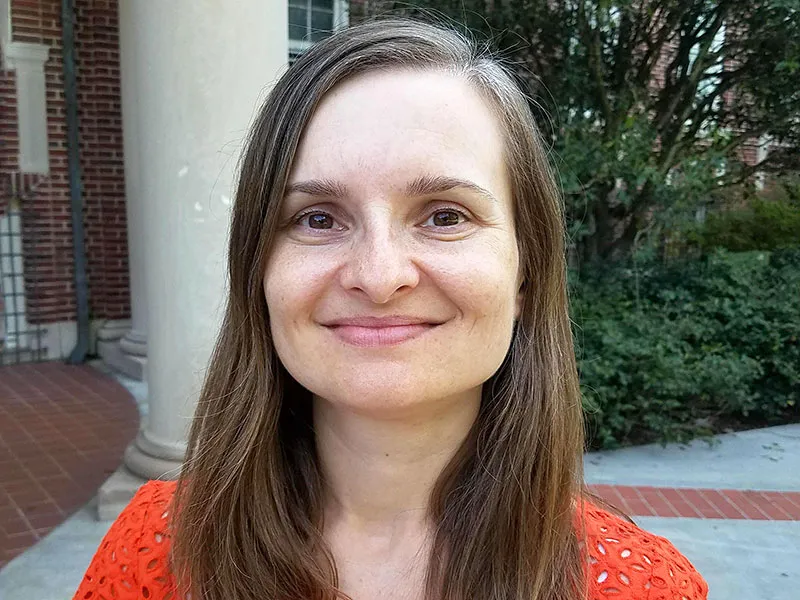
Clinicians are predicting that a ‘tsunami’ of mental distress will emerge from the ongoing social and human devastation wrought by the Covid-19 pandemic. This would add to the already heavy burden weighing on the American mental health system. To take just one diagnosis, according to a 2019 report by the Substance Abuse and Mental Health Services Administration, an estimated 20% of adults have suffered from major depression at some point in their lives. The current crisis has resulted in renewed calls for increasing the availability of mental health services. And while most patients who suffer from mental illnesses turn to psychiatric medications, people are increasingly seeking help from psychotherapists regardless of whether they suffer from a diagnosable mental illness or not.
Yet psychotherapy remains poorly understood despite its increased popularity and long history. The familiar image of two people, sitting in a room, one sharing thoughts and feelings as the other listens attentively and empathetically leaves many questions unanswered. It also papers over important differences among therapeutic approaches. For its part, much academic writing has focused on psychiatry’s struggles with the persistent ambiguities that surround mental disorder, largely overlooking the work of clinicians who must make sense of what their patients suffer from and how they can be best helped. In two ongoing research projects, I examine how psychotherapy clinicians and researchers manage the radical uncertainty that surrounds mental illness.
My first book-in-progress, provisionally titled Managing the Self, is an in-depth study of a psychotherapy training program. Drawing on ethnographic observations and dozens of interviews, I show that while cure remains an elusive goal in the field, therapists develop their own notions of healing and responsibility. Trainees learn that doing good therapy and being an expert in this field depends largely on mastering the skill of using their own emotions to motivate patients to work on their own. In a second book-in-progress, titled The Science of Talk, I examine the politics of evidence in psychotherapy effectiveness research. I draw on historical and documentary evidence to trace debates about what therapy is and which interventions work and why. Together, my projects seek to answer the question of what it means to be an expert in a field that cannot promise answers nor cures for the problems under its purview.
I bring my focus on uncertainty, expertise, and science to my teaching in Sociology. In my “Mental Health and Illness” and “Introduction to Medicine” courses, I invite students to think critically about the fields of mental health and medicine more broadly. The key lesson they learn is that these fields are not simply about science and care. They are also powerful social, cultural, and economic systems that mirror and sometimes drive the inequities of their time. Importantly, these fields and the work of the professionals in them are moral engines that shape our very notions of what is normal and good. Together, my research and teaching highlight not only the tribulations that experts face when working in conditions of uncertainty, but also the social systems that sustain and legitimize their efforts.
Mariana Craciun received her Ph.D. in sociology at the University of Michigan, Ann Arbor. She joined the Department of Sociology at Tulane in 2017 after completing postdoctoral research at Northwestern University.

